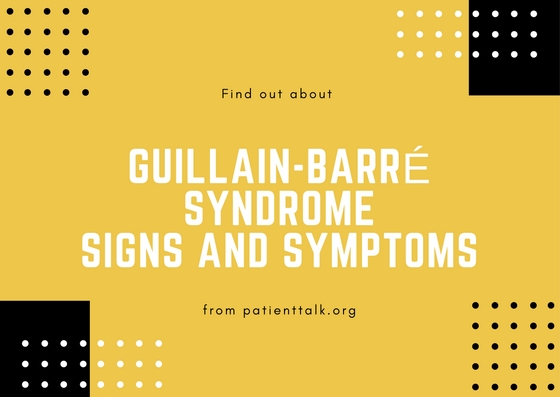Guillain-Barré Syndrome
Guillain-Barré (pronounced ghee-yan bar-ray) syndrome is a very rare and serious condition that affects the nerves.
It mainly affects the feet, hands and limbs, causing problems such as numbness, weakness and pain.
It can be treated and most people will eventually make a full recovery, although it can occasionally be life-threatening and some people are left with long-term problems.
Guillain-Barré syndrome affects people of all ages, but your chances of getting it increase as you get older.
Symptoms of Guillain-Barré syndrome
Symptoms often start in your feet and hands before spreading to your arms and legs.
At first you may have:
numbness
muscle weakness
pain
problems with balance and co-ordination
These symptoms may continue to get worse over the next few days or weeks before they start to slowly improve. In severe cases, you may have difficulty moving, walking, breathing and/or swallowing.
Read more about the symptoms of Guillain-Barré syndrome.
When to get medical help
See your GP if you notice any of the early symptoms of Guillain-Barré syndrome, such as numbness or weakness.
Call 999 for an ambulance or go to your nearest accident and emergency (A&E) department immediately if someone:
has difficulty breathing, swallowing or speaking
can’t move their limbs or face
faints and doesn’t regain consciousness within two minutes
This is a medical emergency and the person needs to be seen in hospital as soon as possible.
Read more about how Guillain-Barré syndrome is diagnosed.
Causes of Guillain-Barré syndrome
Guillain-Barré syndrome is thought to be caused by a problem with the immune system, the body’s natural defence against illness and infection.
Normally the immune system attacks any germs that get into the body. But in people with Guillain-Barré syndrome, something goes wrong and it mistakenly attacks and damages the nerves.
It’s not clear exactly why this happens, but it can be triggered by:
an infection, such as food poisoning, flu or cytomegalovirus
a vaccination, such as the flu vaccine (but this is extremely rare and the benefits of vaccination outweigh any risk)
surgery, a medical procedure or an injury
Read more about causes of Guillain-Barré syndrome.
Treatments for Guillain-Barré syndrome
Most people with Guillain-Barré syndrome are treated in hospital.
The main treatments are:
intravenous immunoglobulin (IVIG) – a treatment made from donated blood that helps bring your immune system under control
plasma exchange (plasmapheresis) – an alternative to IVIG where a machine is used to filter your blood to remove the harmful substances that are attacking your nerves
treatments to reduce symptoms and support body functions, such as painkillers, a machine to help with breathing and/or a feeding tube
Most people need to stay in hospital for a few weeks to a few months.
Read more about how Guillain-Barré syndrome is treated.
Recovering from Guillain-Barré syndrome
Most people with Guillain-Barré syndrome make a full recovery, but this can take months or even years.
Some people won’t make a full recovery and are left with long-term problems such as:
being unable to walk without assistance
weakness in your arms, legs or face
numbness, pain or a tingling or burning sensation
balance and co-ordination problems
extreme tiredness
Therapies such as physiotherapy, occupational therapy and speech and language therapy can help you recover and cope with any lasting difficulties.
Very occasionally, Guillain-Barré syndrome can cause life-threatening problems such as severe breathing difficulties or blood clots. Overall, around 1 in 20 cases is fatal.
